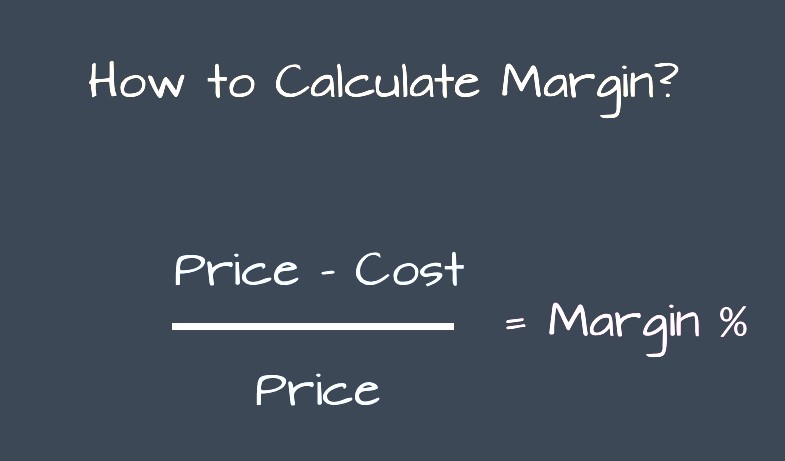
Description
Why retailers are so margin focused
Retailers tend to have a major focus on margin as it directly impacts their profitability. (Margin is the difference between the cost of goods sold (COGS) and the price at which those goods are sold). Maximising margin means ensuring that the revenue from sales exceeds the costs associated with acquiring or producing the goods. Here are a few reasons why retailers prioritise margin:- Profitability: Ultimately, a retailer's goal is to make a profit. Maximising margin allows them to generate more profit from each sale.
- Sustainability: Healthy margins ensure that a retailer can cover its operating expenses, invest in growth, and weather economic downturns or unexpected expenses.
- Competitive Advantage: Maintaining good margins enables retailers to remain competitive in the market. It allows them to invest in quality products, customer service, and marketing efforts that differentiate them from competitors.
- Flexibility: Higher margins provide retailers with more flexibility in pricing strategies, promotions, and negotiations with suppliers. This flexibility can help them adapt to changing market conditions and customer preferences.
- Investor Confidence: Investors often look at a company's margins as an indicator of its financial health and potential for growth. Strong margins can attract investors and help maintain shareholder confidence.
- Long-Term Growth: Consistently high margins can support long-term growth initiatives, such as expanding into new markets, developing new products, or acquiring other businesses.
- Competitive Pricing: Offer your products at competitive prices that allow retailers to maintain healthy margins while remaining competitive in the market. Consider providing volume discounts or promotional pricing to incentivise retailers to buy more from you.
- Efficient Supply Chain: Streamline your supply chain processes to reduce costs and improve efficiency. This could involve optimising manufacturing processes, reducing lead times, or consolidating shipments to minimise transportation expenses.
- High-Quality Products: Provide retailers with high-quality products that justify premium pricing. Quality products are often associated with higher margins as customers are willing to pay more for superior value.
- Exclusive or Unique Products: Offer exclusive or unique products that are not readily available from other suppliers. This can give retailers a competitive edge and allow them to command higher prices, leading to improved margins.
- Co-Marketing and Promotions: Collaborate with retailers on marketing and promotional activities to drive sales and increase brand visibility. This could include co-funded advertising campaigns, in-store promotions, or joint participation in industry events.
- Responsive Customer Service: Provide excellent customer service to retailers, addressing any issues or concerns promptly and efficiently. A strong supplier-retailer relationship built on trust and reliability can lead to long-term partnerships and mutually beneficial outcomes.
- Data Insights: Share relevant market insights, sales data, and trends with retailers to help them make informed decisions about pricing, inventory management, and product assortment. Providing actionable insights can enable retailers to optimise their operations and improve margins.
- Continuous Improvement: Continuously seek feedback from retailers and look for opportunities to improve your products, services, and processes. By staying responsive to retailers' needs and preferences, you can strengthen your partnership and contribute to their margin goals over the long term.
Info
-->





